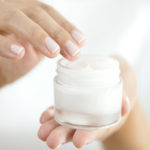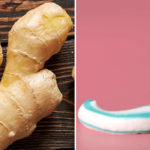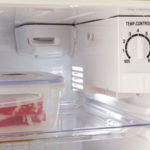Fruit juice carries numerous benefits for human development. However, improper preservation can compromise its quality and pose health hazards. This article provides insights on how to effectively preserve fruit juice and its shelf life when stored in the refrigerator.
1 How long can fruit juice be kept in the refrigerator?
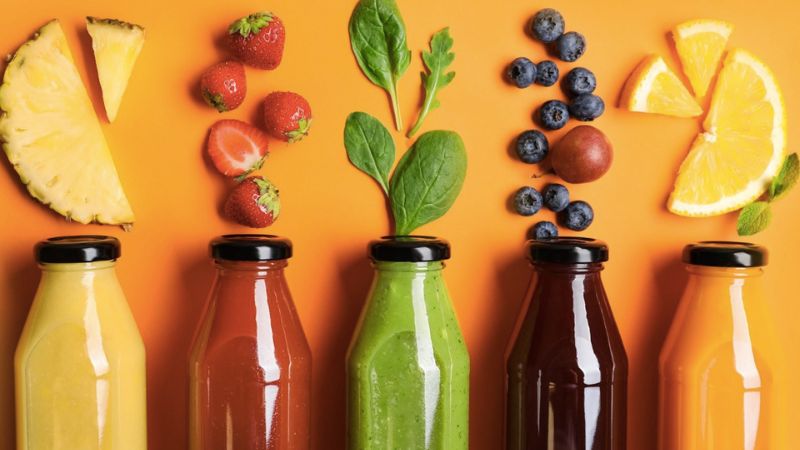 How long can fruit juice be kept in the refrigerator?
How long can fruit juice be kept in the refrigerator?
The duration of fruit juice preservation depends on the type of juicer used: Fast juicers allow the juice to be kept for 24 hours in the refrigerator, while slow juicers extend the preservation time to 48 hours. Hydraulic juicers offer the longest preservation time, up to 77 hours.
However, it’s important to note that the longer the juice is stored, the lower its nutritional content. For optimal quality, it’s advisable to juice fruits in the early morning and consume immediately after juicing. If time constraints persist, juicing in the evening and refrigerating it for consumption the next morning is a viable option.
2 How to preserve fruit juice in the refrigerator for a prolonged period
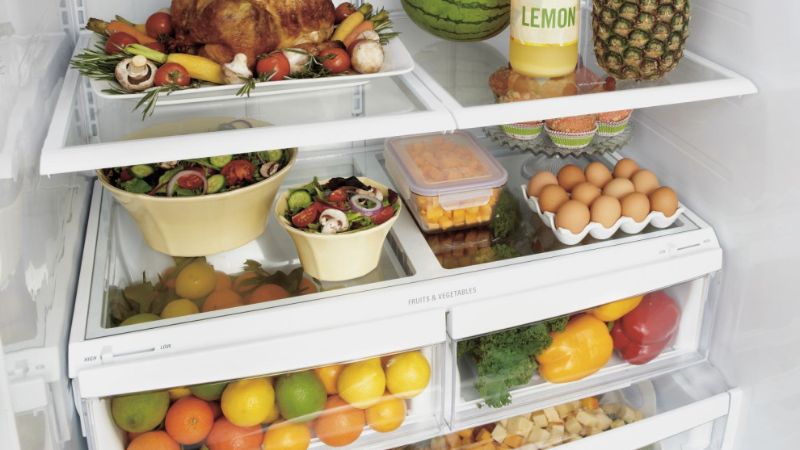 How to preserve fruit juice in the refrigerator for a long time
How to preserve fruit juice in the refrigerator for a long time
Utilize fresh ingredients: Ensure the use of fresh and undamaged fruits for juicing. Juice made from fresh fruits has a longer preservation time compared to juice made from spoiled fruits.
Store in the refrigerator: After juicing, transfer the juice into a sealed bottle or jar and store it in the refrigerator. The cold temperature slows down oxidation and decomposition, thereby extending the juice’s shelf life.
Seal tightly and avoid air contact: Ensure a tight seal on the juice container to prevent contact with air, as it contains bacteria and other elements that can spoil the juice.
Use sealed bottles: For long-term preservation, opt for sealed bottles or wide-mouth jars to store the juice. This reduces air contact and inhibits the growth of bacteria or other harmful pathogens.
Consume the juice promptly: It’s recommended to drink the juice as soon as possible to enjoy its fresh taste and maximize nutrient absorption.
Drain the fruit before juicing: Thoroughly rinse the fruits and ensure they are drained before juicing, as this prevents watery juice. Additionally, proper cleaning of the juicing equipment is crucial for hygiene maintenance and the prevention of bacterial growth.
3 Factors influencing juice preservation
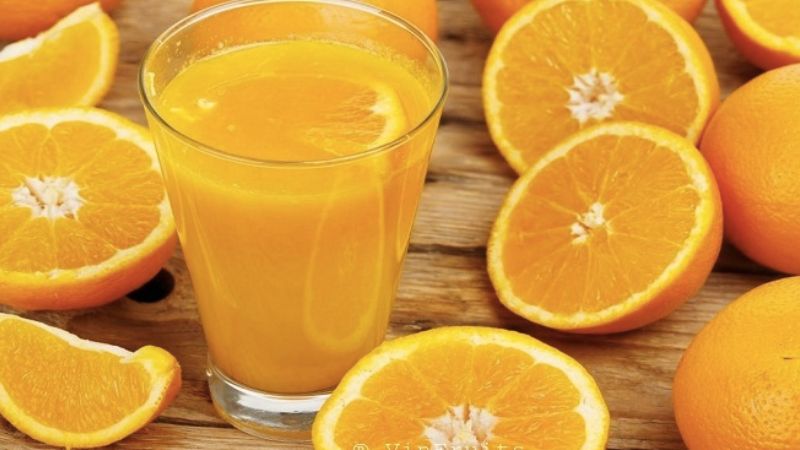 Factors affecting juice preservation
Factors affecting juice preservation
Type of fruit: The type of fruit used for juicing also impacts the preservation time. Fruits with higher acidity, such as , , kiwi, tend to have a longer shelf life compared to other fruits.
Juicing method: Juice extracted using high-quality juicers generally retains better freshness and nutrients than manually-pressed juice.
Storage temperature: Refrigeration helps maintain a cool environment and inhibits bacterial growth. Fresh fruit juice can typically be stored in the refrigerator for 1 to 3 days.
Hygiene: Ensuring cleanliness during the juicing process is essential. Thoroughly wash both fruits and the juicer before usage. Additionally, utilize clean, tightly sealed containers to prevent contact with bacteria and oxygen present in the air.
Avoid exposure to light: Light exposure can induce oxidation and nutrient loss in juice. To mitigate this, store the juice in dark-colored bottles or keep it in a dark place to minimize the impact of light.
Quality of the juicer: Specialized juicers are designed to maintain higher nutrient and antioxidant content compared to regular juicers.
Preservation technology: Leveraging preservation techniques such as sterilization or pasteurization can extend the shelf life of juice.
The aforementioned methods help preserve fruit juice for longer, but it’s still ideal to consume the juice promptly to maintain its taste and ensure optimal health. We hope this article proves helpful to you!
Tips for Prolonging the Life of Refrigerator Labels
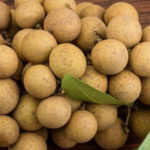 Refrigerator Labels’>
Refrigerator Labels’>Are you looking for a way to keep your longan delicious and fresh for a long time? This article provides helpful advice for choosing high-quality longan and correctly storing it in the refrigerator for year-round enjoyment.
Is Refrigerated Leftovers Linked to an Increased Risk of Cancer?
Dr. Lam Van Man, Head of Research, Development and Technology Transfer Department of the Institute of Safety Food, has warned of the risk of food poisoning when reheating leftovers from the refrigerator. But what should we be aware of when it comes to the possibility of these leftovers causing cancer? Here, we explore what the experts have to say on the matter and offer some tips for safe eating.
























